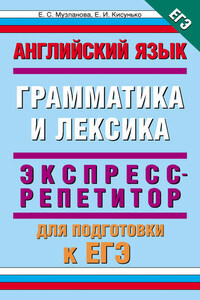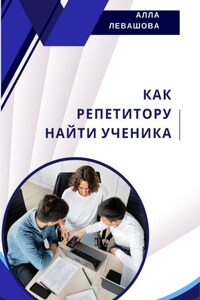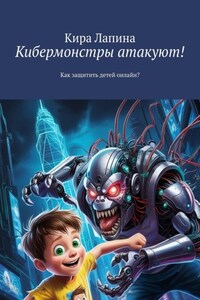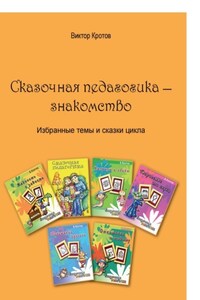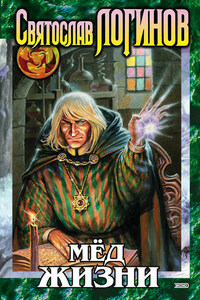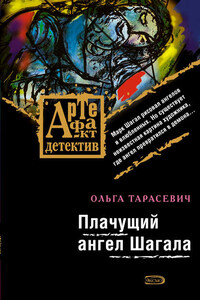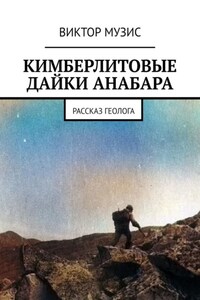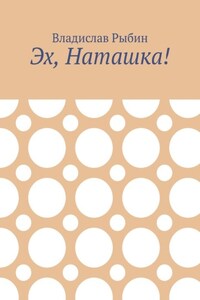1.1. SINGULAR AND PLURAL NOUNS
Nouns are made plural by adding
Irregular plurals
Test 1. Write the plural of the following nouns.
1. church – 8. woman – 15. radio —
2. difficulty – 9. deer – 16. ox —
3. mouse – 10. leaf – 17. fish —
4. month – 11. goose – 18. wolf —
5. child – 12. potato – 19. country —
6. roof – 13. foot – 20. tooth —
7. boy – 14. dress – 21. curriculum —
Test 2. Write the plural of the following nouns.
1. nanny – 8. radio – 15. violin —
2. father-in-law – 9. train robbery – 16. wife —
3. headache – 10. painkiller – 17. medium —
4. dictionary – 11. bush – 18. mouse —
5. pincushion – 12. pen-friend – 19. godfather —
6. hold-up – 13. video – 20. wish —
7. hoof – 14. pillowcase – 21. phenomenon —
Test 3. Write the plural of the following nouns.
1. deer – 8. sheep – 15. datum —
2. lady – 9. species – 16. Eskimo —
3. roof – 10. day – 17. leaf —
4. chief – 11. family – 18. life —
5. studio – 12. dish – 19. zero —
6. zoo – 13. paw – 20. buffalo —
7. bus – 14. fork – 21. criterion —
Test 4. Write the plural of the following nouns.
1. trout – 8. baby – 15. vowel —
2. composer – 9. handkerchief – 16. buzz —
3. insect – 10. church – 17. glass —
4. oasis – 11. memo – 18. man —
5. analysis – 12. ball game – 19. goose —
6. bacterium – 13. passer-by – 20. foot —
7. waiter – 14. letdown – 21. volcano —
Test 5. Write the plural of the following nouns.
1. bench – 8. scarf – 15. fruit —
2. celebrity – 9. belief – 16. swine —
3. louse – 10. sheep – 17. activity —
4. bath – 11. half – 18. thief —
5. woman – 12. tomato – 19. kilo —
6. cliff – 13. means – 20. party —
7. play – 14. photo – 21. appendix —
1.2. COUNTABLE AND UNCOUNTABLE NOUNS
Nouns can be countable (those that can be counted) or uncountable (those that can’t be counted). Uncountable nouns take a singular verb. The most common uncountable nouns are:
• Mass nouns: fluids (blood, tea, coffee, milk etc), solids (bread, butter, china, coal, food, fruit, glass, ice, iron, fish [meaning food], etc), gasses (air, oxygen, pollution, smoke, smog, etc), particles (corn, dust, flour, hair, pepper, rice, salt, sand, etc).
• Subjects of study: chemistry, economics, literature, mathematics, physics, etc.
• Languages: Chinese, English, French, etc.
• Games: billiards, chess, golf, soccer, tennis, etc.
• Diseases: flu, measles, mumps, etc.
• Natural phenomena: darkness, hail, heat, rain (but: the rains = season of continuous rain in tropical countries), humidity, thunder, snow, etc.
• Some abstract nouns: accommodation, advice, anger, applause, assistance, behaviour, business, chaos, countryside, courage, damage, dirt, education, evidence, housework, homework, information, intelligence, knowledge, luck, music, news, peace, progress, seaside, shopping, traffic, trouble, truth, wealth, work, etc.
• Collective nouns: baggage, cutlery, furniture, jewellery, luggage, machinery, money, rubbish, stationery, etc.
